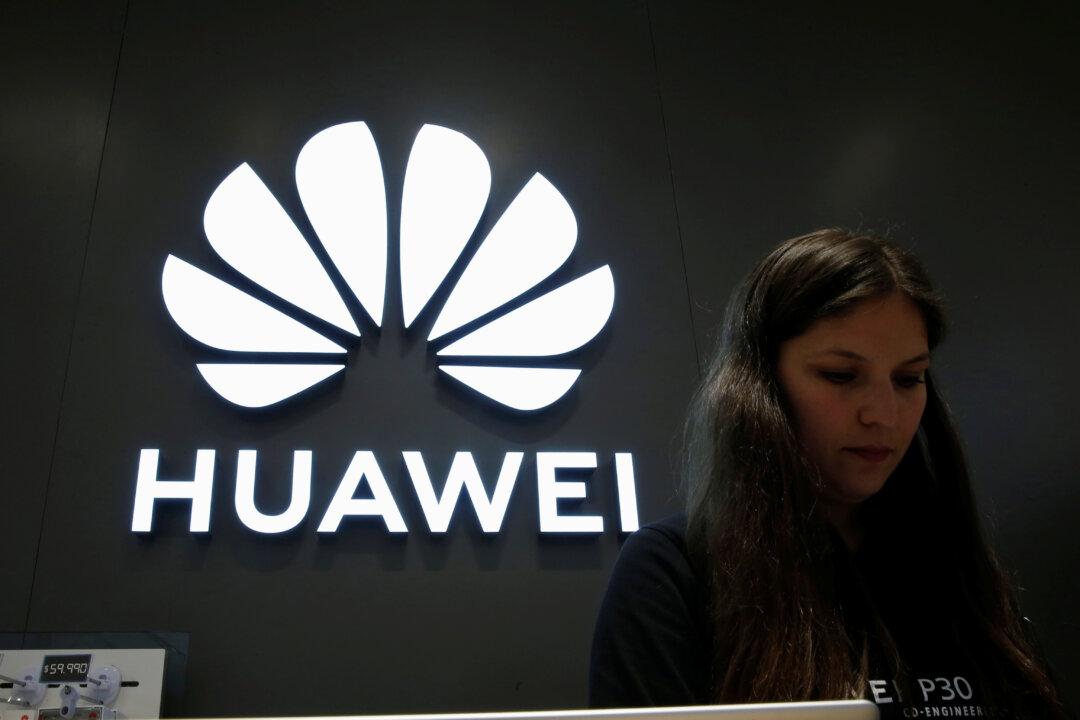WASHINGTON—White House economic adviser Larry Kudlow will host a meeting with semiconductor and software executives on July 22 to discuss the U.S. ban on sales to China’s Huawei Technologies Co Ltd, two sources briefed on the meeting said on July 19.
Treasury Secretary Steven Mnuchin will also attend the White House event, to which chipmakers Intel Corp and Qualcomm Inc have been invited, the people said.





